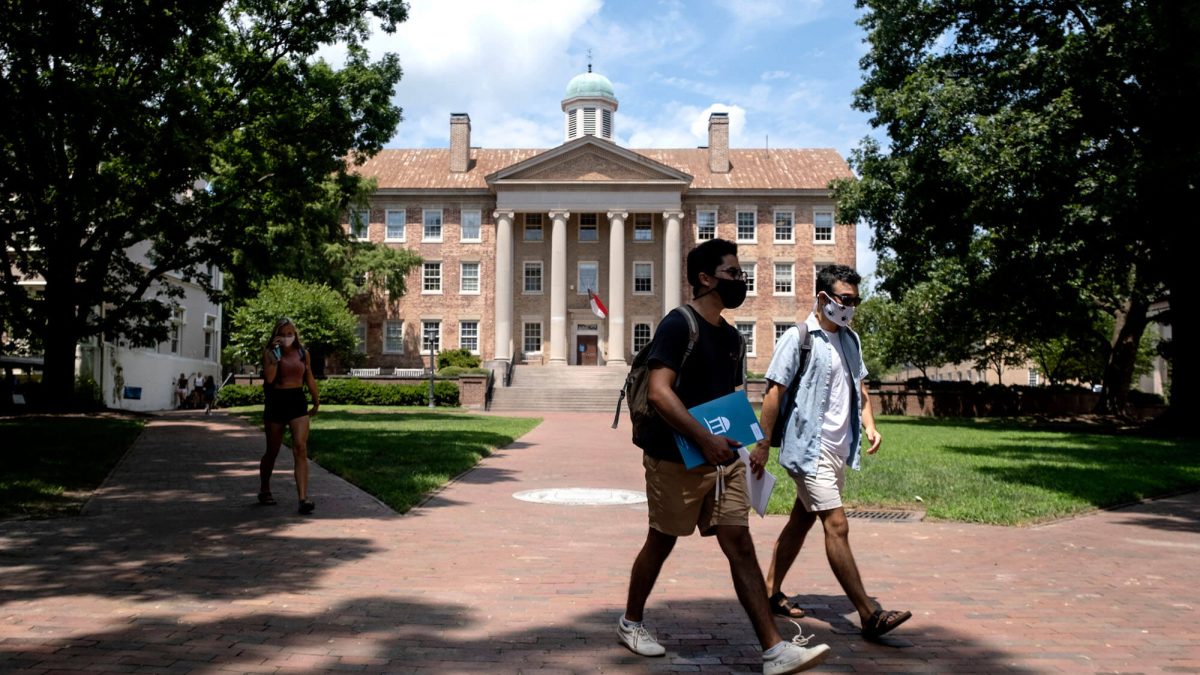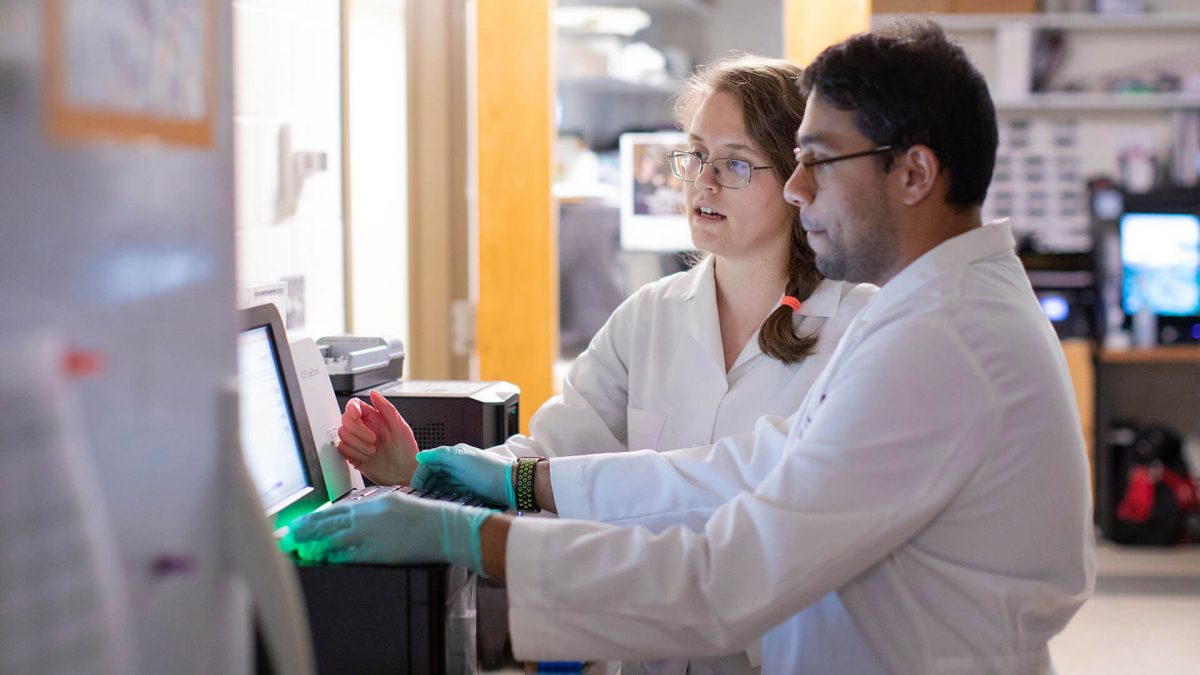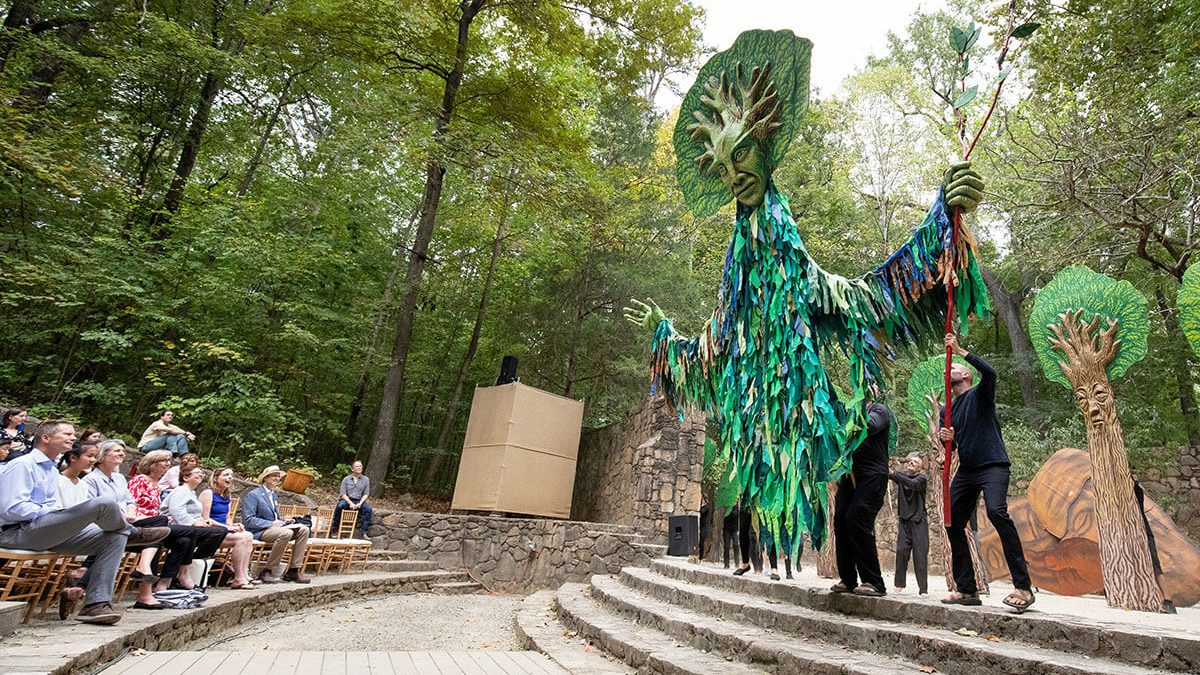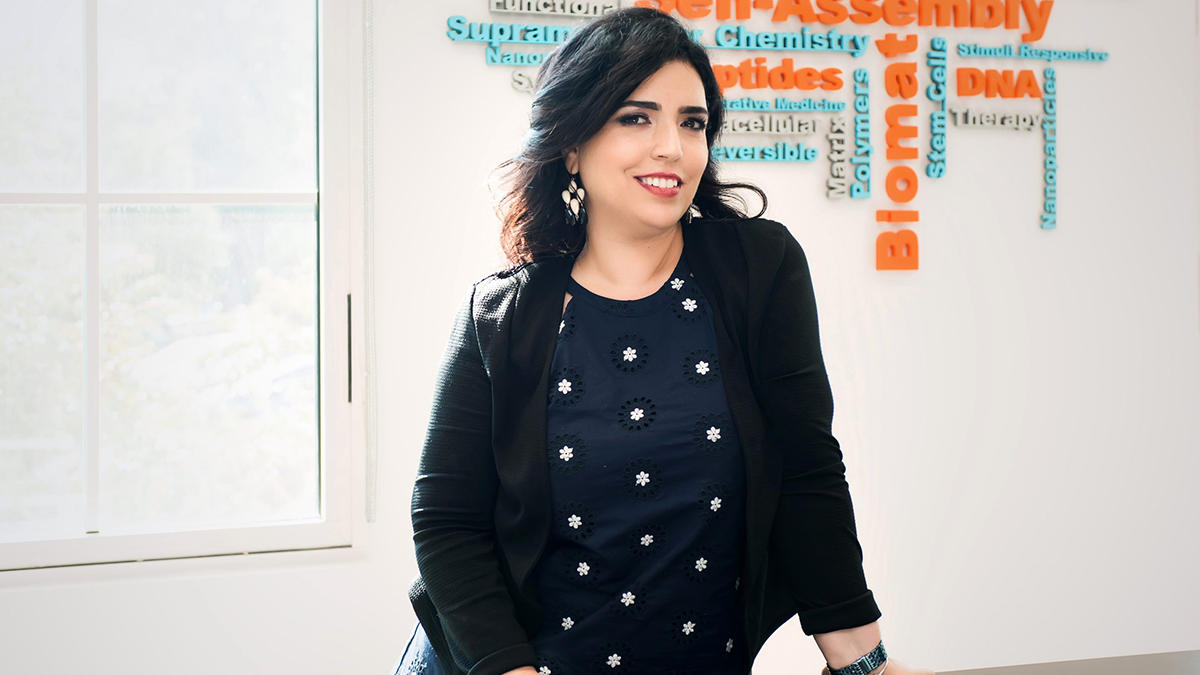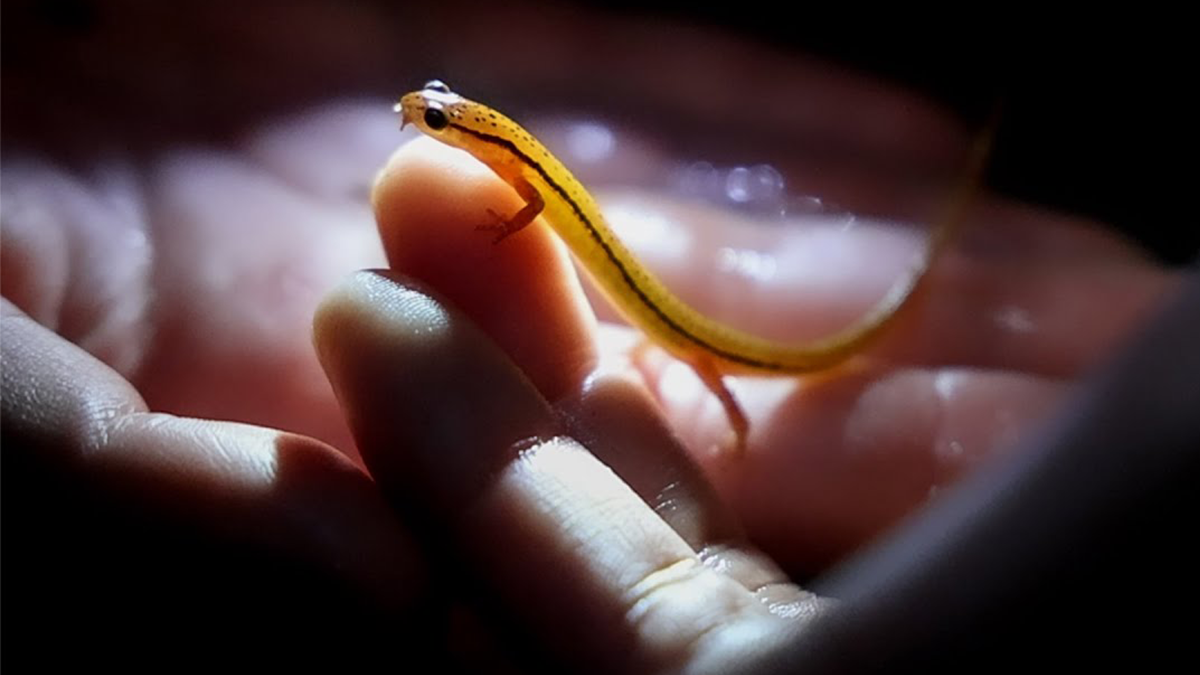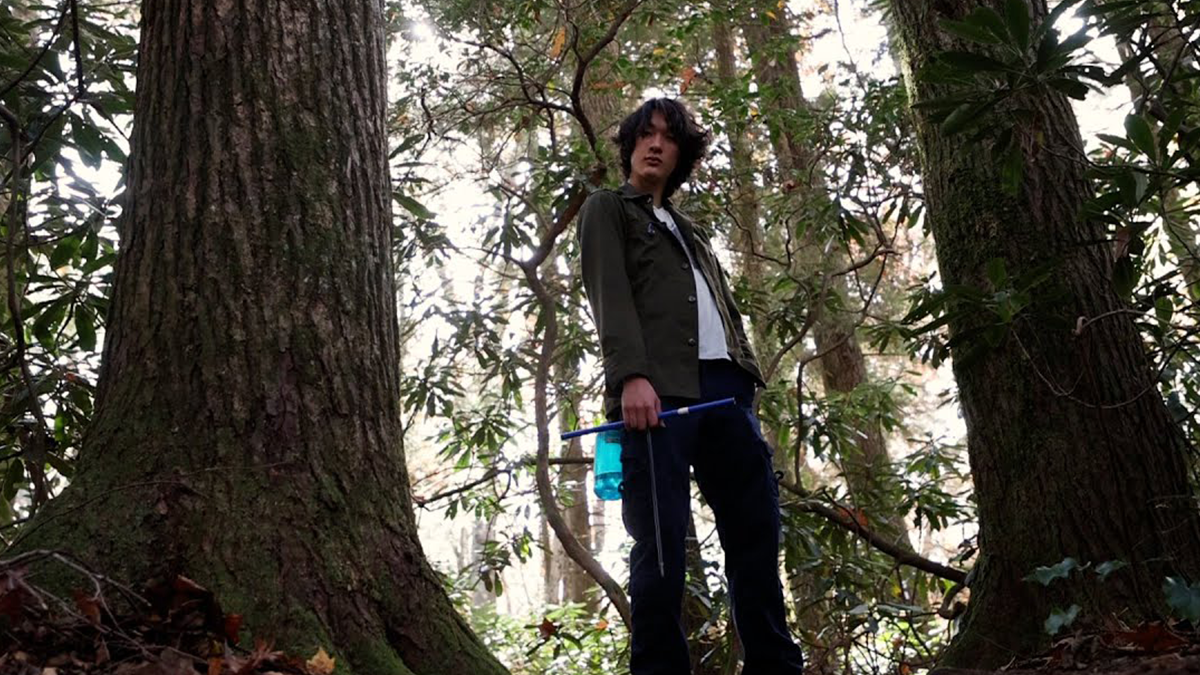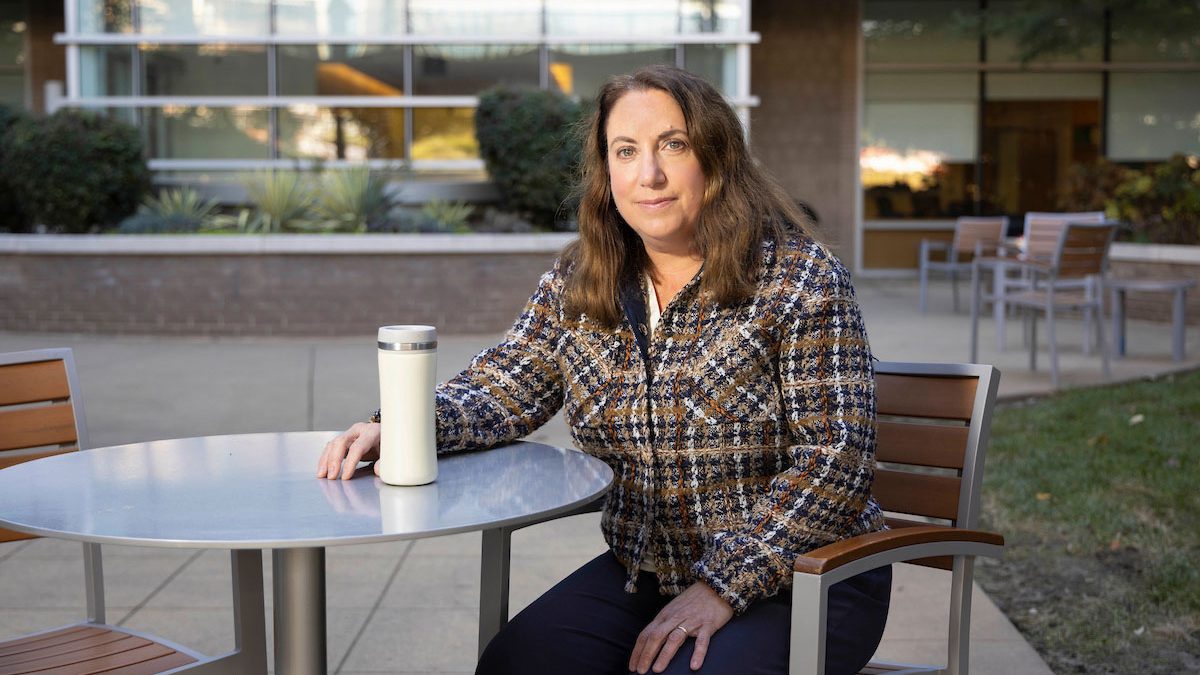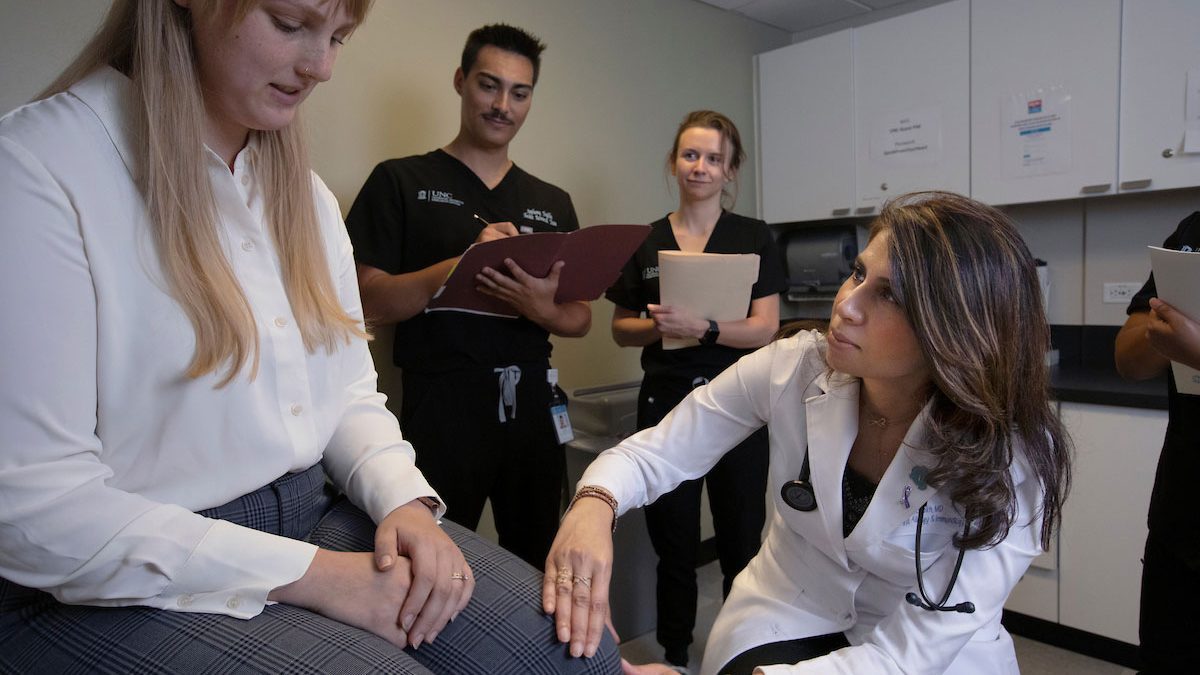Interim Chancellor Kevin Guskiewicz: ‘Strategic, Bold and Student Focused’
Interim Chancellor Kevin Guskiewicz shares his energy and excitement for leading Carolina, a place he describes as “passionately public.”
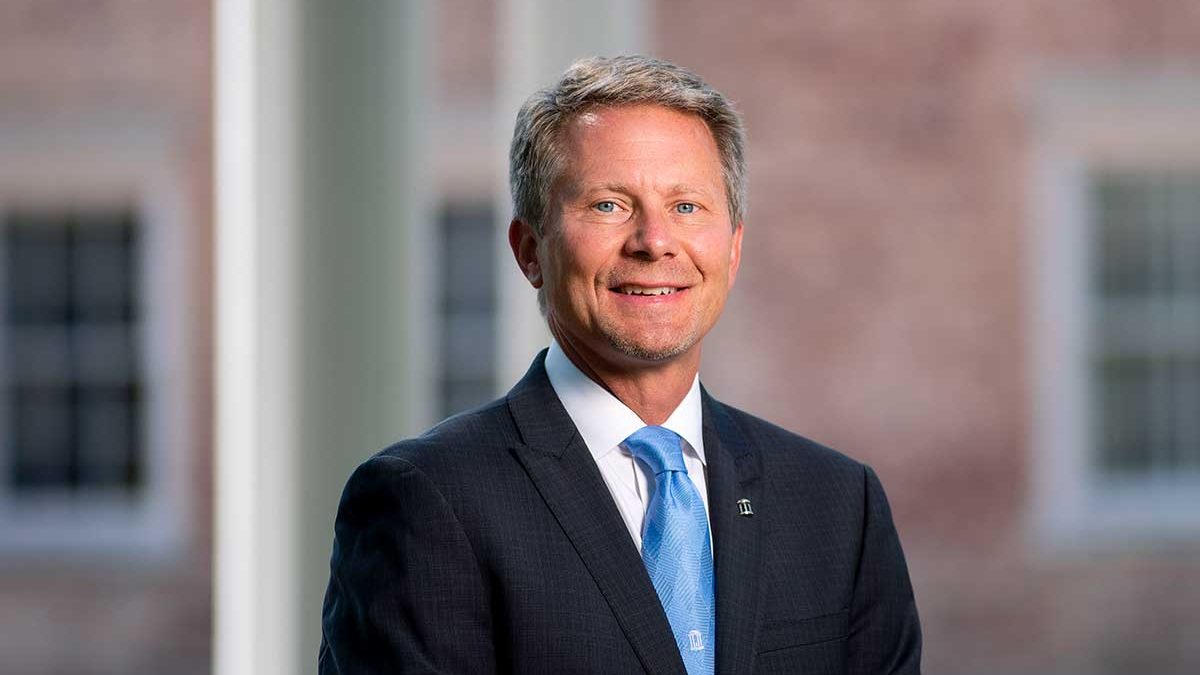
Interim Chancellor Kevin Guskiewicz shares his energy and excitement for leading Carolina, a place he describes as “passionately public.”
Interim Chancellor Kevin Guskiewicz shares his energy and excitement for leading Carolina, a place he describes as “passionately public.” Guskiewicz, previously dean of the College of Arts & Sciences, discusses creating A Road Map to Boldness and how he will leverage that experience to advance the University’s strategic framework — The Blueprint for Next.
You came to Carolina more than 23 years ago. Did you ever envision serving in the role you are in now? What was your reaction when approached to serve?
Certainly 23 years ago I wouldn’t have imagined that I’d be sitting in this role today. But one of the things I did learn when I first came to Carolina, which is why I believe I came here, is that it is a place where anything is possible. I have really enjoyed the leadership roles I’ve been asked to serve in the past. And when the opportunity [to serve as interim chancellor] presented itself about four weeks ago, I was ready to listen. I did a lot of reflection and thought of my previous leadership roles and decided I was ready to step in. Surrounded by so many passionate and quality people, I know we can succeed. I’m excited and energized by the opportunity.
One of your first acts as dean of the College of Arts & Sciences was to begin a College-wide strategic planning process. The University has also recently completed its strategic framework — The Blueprint for Next. Why is this work so important? And where does the University go from here?
When I became dean in January of 2016, I decided that we needed a road map for the College — a strategic plan, which we had never had. We conducted an 18-month process that really has established the priorities for the College. The plan is called A Road Map to Boldness and it’s been instrumental in guiding decision-making for the past 18 months. I’ll bring that experience of how that has worked to the entire University and ensure that The Blueprint for Next will come to life just as that plan did for the College.
You’ve said repeatedly that your leadership vision as interim chancellor will be “strategic, bold and student focused.” How do you see that playing out across campus?
We have to be strategic. We have a strategic framework, and Provost Blouin and I want to make sure it comes to life. The challenge now is determining how we’re going to fund these initiatives. Some central funding has already been committed, but we will need the Campaign for Carolina and our passionate alumni and donors who care deeply about the success of our University to also help. I’m confident that together we can raise the money we need to advance these important initiatives.
The boldness is that in order to move this great University forward we need to be willing to test new ideas while staying true to our mission. We need to identify impactful initiatives such as modernizing student success, data science, Southern Futures, Institute for Convergent Science, Global Guarantee and learning through the arts that can be pushed forward to ensure that we become the nation’s leading global public research university.
The student-focused part is really important. That’s why we’re here. I want to be sure that students know that they have a voice on our campus and that we’re here to ensure that they have all the opportunities to go out into the world and be prepared for the careers of the future, including some that don’t yet exist today.
What do you see as the University’s greatest challenges?
My goal is to make certain that our constituencies understand who we are, what’s important to us and the impact that our world-class faculty and researchers have on the state and nation. We need to stay true to our mission. Our leadership team is going to work really hard to showcase the amazing talent on our campus. We have one of the best universities in the world, and sometimes people take that for granted.
A second challenge is to ensure that we have a funding model that will allow us to sustain this great enterprise. We’re working hard to advocate to the UNC System office and the Board of Governors for a model that will allow us to continue to thrive as a great global public research university.
What keeps you up at night?
Funding, funding and funding, but also ensuring the right people are in the right positions.
I was thrilled that Terry Rhodes accepted the offer to become the interim dean of the College of Arts & Sciences. We also have interim vice chancellors for information technology and student affairs. We need to fill our general counsel, vice provost for global affairs* and our dean of The Graduate School* positions. We are very grateful to the talented people who have stepped up to lead in those roles, but we need the stability of a permanent leadership team to best position us to meet our goals.
How have these first few weeks helped you refine your goals for the University?
I want to be sure that we continue to build a stronger partnership with the Legislature and the Board of Governors and to build more trust and accountability with various constituencies, including the people of North Carolina. I want our administration and faculty to spend more time in the community showcasing the impact of our teaching, research and service. While I will spend most of my time on campus, I’ll also be out meeting with alumni and spending time in Raleigh getting to know members of our Legislature.
Even as you’ve taken on this new role, you still plan to spend one morning a week in your lab. Why is maintaining your research portfolio so important?
Developing diagnostic tools for concussion, putting better tools in the toolbox of physicians and athletic trainers, and trying to identify early detection of later life neurodegenerative disease are still very important to me. I still want to be a part of moving that agenda forward, and I think I have a lot still to offer.
You are a scientist at heart and Carolina has a long tradition in the liberal arts. How do you think the two complement each other? Is there a way to continue to elevate the humanities at a time when many question the value of a liberal arts degree?
I do think that we have a unique ability to bring together faculty and researchers across disciplines to address the grand challenges of our time. It can’t just be a computer scientist and a chemist or a clinician scientist from pharmacy and medicine to solve problems around drug delivery or unique applications of 3D printing. We need our world-class faculty in the humanities, arts and social sciences to help us understand the ways in which people interface with the outcomes of that work. That’s the “synergy unleashed” approach of bringing together the arts, humanities and sciences. This is the culture of collaboration that exists at Carolina like no other institution.
*This Q&A was originally published in theUniversity Gazette, March 7, 2019. These positions have been filled since this article was originally published: Suzanne Barbour, dean of the UNC Graduate School and Ambassador Barbara Stephenson, vice provost for global affairs and chief global officer.
